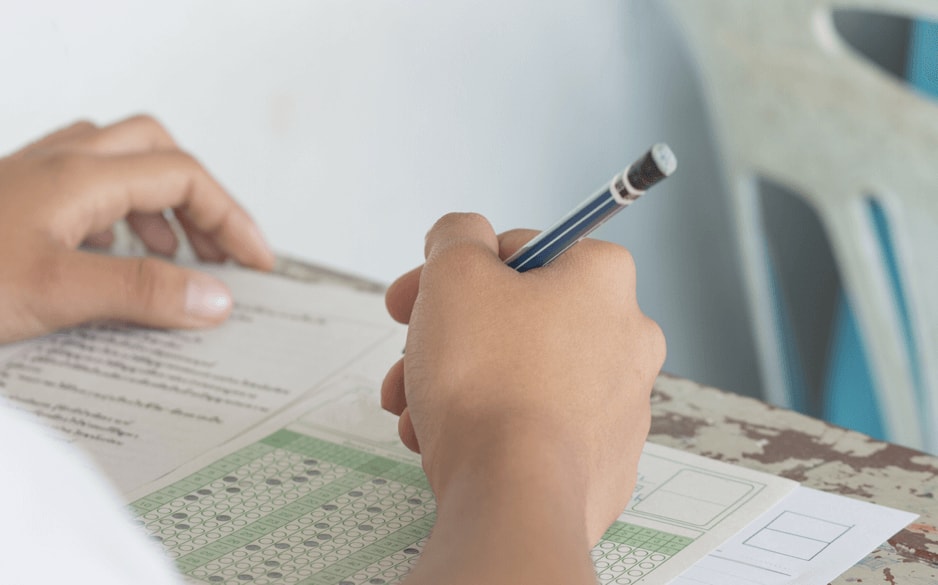Assisting with revision
The secret to doing well in exams lies in planning. You can help your child to create a clear revision plan and method of studying that will make them feel in control of their work.
Tips for revision planning:
- work out a revision timetable for each subject
- break revision time into small chunks – hour-long sessions with short breaks at the end of each session often work well
- make sure your child has all the essential books and materials
- condense notes onto postcards to act as revision prompts
- buy new stationery, highlighters and pens to make revision more interesting
- go through school notes with your child or listen while they revise a topic
- time your child’s attempts at practice papers
The best way to support your child during the stress of revision and exams is to make home life as calm and pleasant as possible. It helps if other members of the household are aware that your child may be under pressure and that allowances should be made for this.
If your child is given study leave in the run-up to exams, try to be at home as much as possible so that you can share a break and a chat together.
Make sure there are plenty of healthy snacks in the fridge and try to provide good, nutritious food at regular intervals. Encourage your child to join family meals, even if it’s a busy revision day – it’s important to have a change of scene and get away from the books and computer for a while.
Also encourage your child to take regular exercise. A brisk walk around the block can help clear the mind before the next revision session.
Try not to nag or make too many demands on your child during exam time. Arguments are counter-productive and will only add unnecessary stress and distract from revision.
It’s important to get a good night’s sleep before an exam, so discourage your child from staying up late to cram. And make sure he or she eats a good breakfast on the morning of the exam.
Some children are ‘bribed’ to do well in exams and are offered cash or gifts to achieve good grades. But bribery is not a good idea as it implies that the only worthwhile reward for hard work is money and that you don’t trust your child to work hard. Negative messages like these will affect your child’s sense of self-worth.
Encourage your child to do well for his or her own sake rather than for money or to please you. Explain that exams aren’t an end in themselves but a gateway to the next stage of life – to another Key Stage or to GCSEs, A levels, university, college or work.
Good results are themselves the best reward for hard work and will make your child proud of his or her achievements.
Make sure your child knows you’re interested in their work and that you’ll be proud if they do well. Although bribery isn’t advisable, it’s fine to provide small treats by way of encouragement – perhaps a piece of cake or some biscuits after a chunk of revision has been completed.
The end of exams can be celebrated with a treat that everyone can look forward to, such as a meal out or a trip to the cinema.



